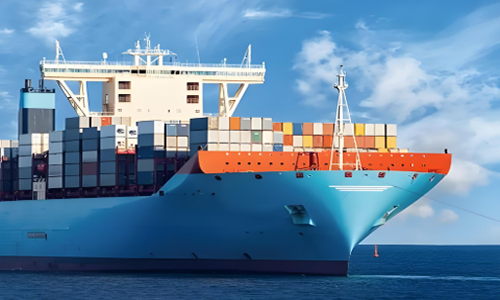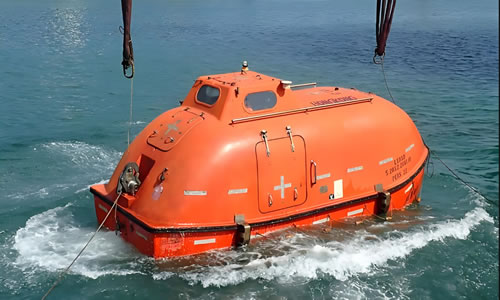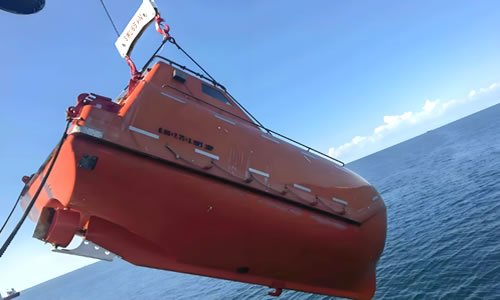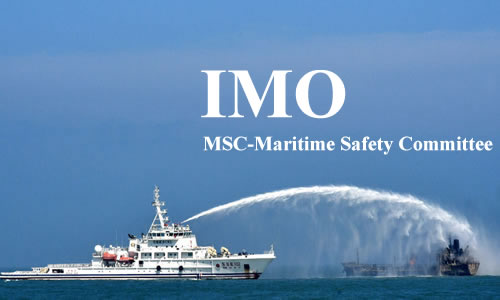What is SOLAS?
The International Convention for the Safety of Life at Sea, commonly known as SOLAS, is one of the most critical international treaties concerning maritime safety. Established to ensure the safety of ships and those aboard them, SOLAS sets minimum standards for the construction, equipment, and operation of ships, aiming to mitigate risks and enhance safety at sea. First adopted in 1914 in response to the Titanic disaster, the convention has undergone numerous revisions to address emerging challenges and technological advancements in the maritime industry.
SOLAS is administered by the International Maritime Organization (IMO), a specialized agency of the United Nations responsible for regulating shipping. The current version, SOLAS 1974, has been updated through various amendments and protocols, reflecting the evolving nature of maritime operations. The convention applies to merchant ships engaged in international voyages, including passenger ships, cargo ships, and tankers, but excludes certain vessels like warships and small fishing boats.
The convention is structured into chapters, each addressing specific aspects of maritime safety. Key areas covered include ship stability, fire protection, life-saving appliances, navigation safety, and emergency procedures. For instance, SOLAS mandates the installation of lifeboats, life rafts, and distress signaling equipment to ensure the safety of passengers and crew in emergencies. It also requires ships to carry up-to-date navigational charts and communication systems to prevent collisions and facilitate rescue operations.
One of the most significant amendments to SOLAS is the International Ship and Port Facility Security (ISPS) Code, introduced in 2002 in response to the 9/11 terrorist attacks. The ISPS Code enhances maritime security by requiring ships and port facilities to implement measures to detect and deter security threats. This addition underscores SOLAS’s adaptability to contemporary global challenges.
Compliance with SOLAS is mandatory for flag states, which are responsible for ensuring that ships under their jurisdiction meet the convention’s requirements. Port states also play a role by inspecting foreign ships to verify compliance. Non-compliance can result in detention, fines, or even the denial of entry into ports.
In conclusion, SOLAS is a cornerstone of international maritime safety, providing a comprehensive framework to protect lives, property, and the marine environment. Its continuous evolution ensures that it remains relevant in an ever-changing world, safeguarding the global shipping industry and those who depend on it.


 Fire Hose and Fire Hose Couplings
Fire Hose and Fire Hose Couplings 



